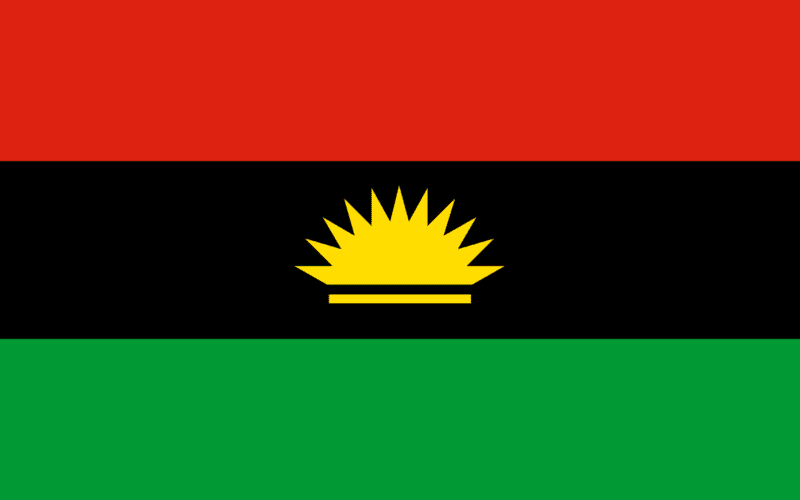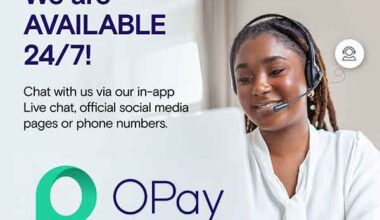In today’s interconnected world, national identity extends far beyond flags, borders, and anthems. It now encompasses a presence in the digital ecosystem—where connectivity, communication, and control over cyberspace are critical elements of modern sovereignty. For Biafra, a region rooted in a complex history of secessionist aspirations and cultural pride, the desire for independence has now reached the digital frontier.
The Historical Context
The name “Biafra” evokes powerful memories of the Nigerian Civil War (1967–1970), during which the southeastern region of Nigeria attempted to break away and establish itself as an independent nation. Although the war ended in defeat and reintegration into Nigeria, the idea of Biafra never fully disappeared. In fact, with the rise of digital platforms and global awareness, Biafra’s voice has grown louder, transcending geographic constraints.
Fast forward to the 21st century, Biafra’s push for self-determination has taken a new shape—one that includes digital legitimacy. And in this context, the idea of a unique country code, such as +522, takes on far-reaching implications.
What Is a Country Code and Why Does It Matter?
A country calling code, assigned by the International Telecommunication Union (ITU), is a numerical prefix used to dial telephone numbers across borders. Examples include +234 for Nigeria, +1 for the United States, and +44 for the United Kingdom. These codes serve as international identifiers, linking each country to the global telecommunications grid.
But these digits are more than just technical tools—they are symbols of nationhood and recognition.
So, what would a code like +522 mean for Biafra?
The Symbolism Behind +522: A Digital Declaration
The proposal of the +522 country code for Biafra is hypothetical yet deeply symbolic. While Biafra has not yet achieved official international recognition, the idea of assigning a country code reflects its aspiration to exist independently in both the physical and digital realms.
+522 is not currently associated with any sovereign nation. Imagining it as Biafra’s code is a statement of:
- Resilience – honoring decades of struggle and perseverance
- Digital sovereignty – asserting Biafra’s right to exist in cyberspace
- Innovation – embracing modern tools to shape a new national identity
In essence, +522 becomes more than just a dialing code. It evolves into a symbolic gateway to digital nationhood.
Digital Infrastructure and the Path to Recognition
With a country code like +522, Biafra would unlock numerous opportunities in the digital and technological space:
- Telecommunications Independence – Establish its own mobile and internet networks
- Top-Level Domains (TLDs) – Create custom domains like .bfra or .bia
- Financial Systems – Enable secure fintech operations with unique routing codes
- E-Governance – Launch digital IDs, national apps, and online services
However, for these dreams to materialize, international recognition is essential. The ITU only assigns official country codes to sovereign states recognized by the United Nations or its agencies. Without this recognition, +522 remains symbolic—a digital placeholder for a nation in waiting.
The Politics of Recognition
Assigning a country code is not merely a technical act—it is a diplomatic milestone. It affirms a nation’s legitimacy in the global order. While groups advocating for Biafra continue to press their case in international courts, media, and human rights forums, the political path remains challenging.
Still, the idea of +522 serves as a rallying point for the Biafran diaspora, especially among tech-savvy youth who see the internet as a space for advocacy, education, and identity preservation.
Conclusion: More Than a Number
The proposal of the +522 country code for Biafra is a bold declaration—a digital dream of independence. It underscores how modern nations are not just born through wars or treaties, but through data, voice, and connectivity.
In a world where national borders are increasingly mirrored in cyberspace, Biafra’s pursuit of a unique digital identity reminds us that recognition can begin with imagination. Whether or not +872 becomes an official code, its meaning resonates with millions: a call for sovereignty, a plea for recognition, and a belief in a future built through resilience and innovation.




